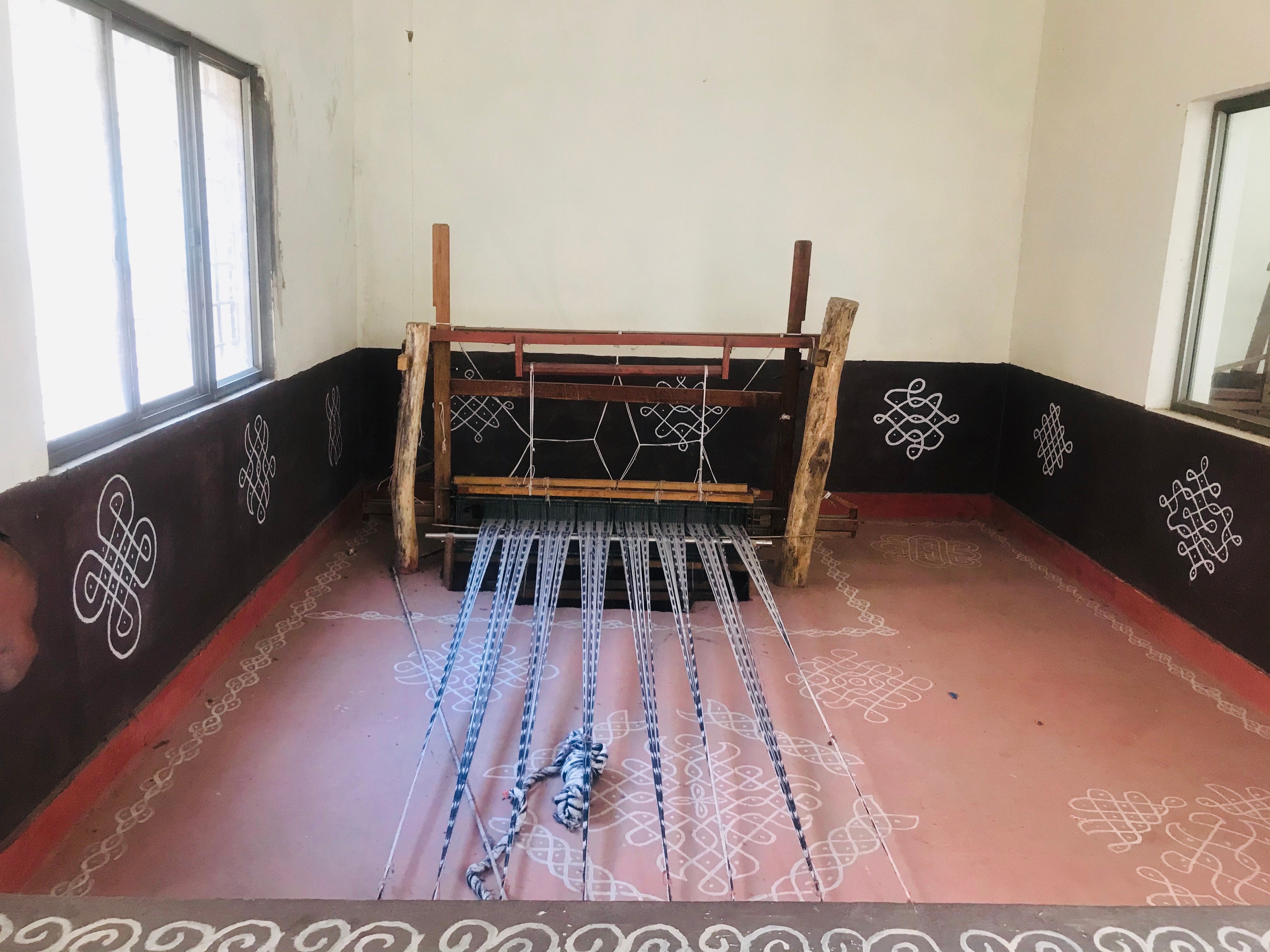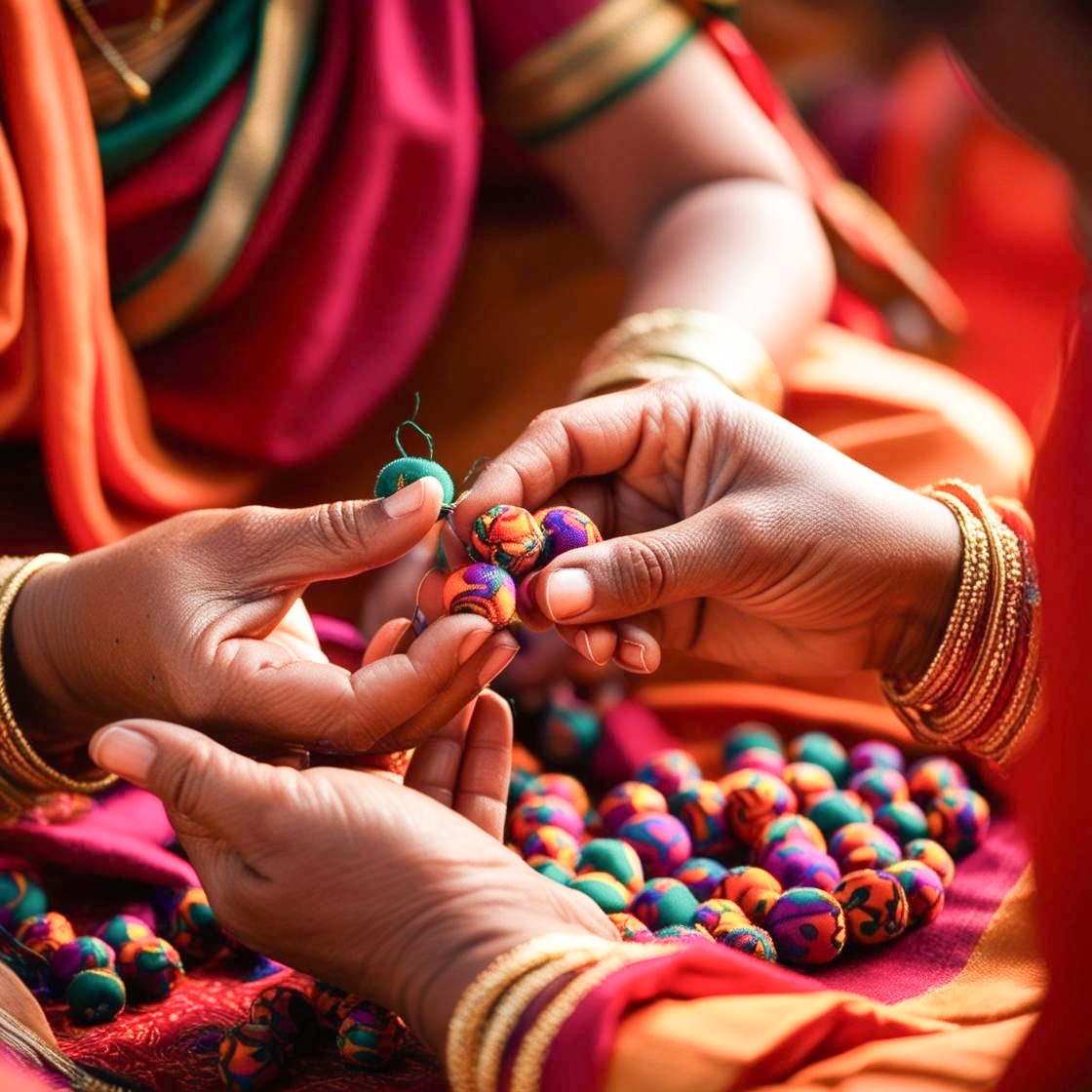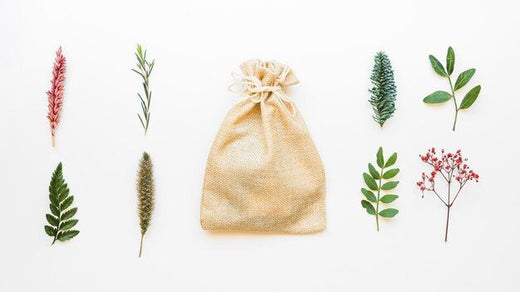
Sustainable Fashion is Not a Fad
As consumers, we're becoming increasingly aware of the environmental and social impact of our purchasing decisions. The fashion industry, in particular, has come under scrutiny for its unsustainable practices and exploitative labor conditions.


Let’s explore the concepts of sustainable fashion, ethical fashion, slow fashion and fast fashion and discuss how our social enterprise, World of Ikat, is working towards a more responsible and greener fashion industry.
Sustainable Fashion
Sustainable fashion refers to the design, production, distribution, and mindful consumption of clothing in a way that minimizes harm to the environment, conserves resources, and promotes fair labor practices. Sustainable fashion encompasses a range of practices, including:
- Eco-friendly materials: Using natural, organic, or recycled materials that reduce the environmental impact of production.
- Reducing waste: Implementing zero-waste design, upcycling, and repurposing materials to minimize waste.
- Fair labor practices: Ensuring fair wages, safe working conditions, and equal opportunities for all workers.
- Circular business models: Designing business models that promote the reuse, recycling, and upcycling of products.


Ethical Fashion
Ethical fashion is a subset of sustainable fashion that focuses specifically on the social and labor aspects of the industry. Ethical fashion prioritizes fair labor practices, safe working conditions, and equal opportunities for all workers. This includes:
- Fair wages: Ensuring that workers receive a living wage that allows them to support themselves and their families.
- Safe working conditions: Providing a safe and healthy working environment that minimizes the risk of injury or illness.
- No child labor: Prohibiting the use of child labor and ensuring that all workers are above the age of 18.
- No forced labor: Prohibiting the use of forced labor and ensuring that all workers have the freedom to leave their employment at any time.
Slow Fashion
Slow fashion is a movement that promotes a more mindful and intentional approach to fashion consumption. Slow fashion encourages consumers to:
- Buy less, buy better: Investing in high-quality, timeless pieces that won't need to be replaced frequently.
- Care for your clothes: Learning to repair, maintain, and care for your clothes to extend their lifespan.
- Avoid fast fashion: Refusing to support fast fashion brands that prioritize profit over people and the planet.
- Support sustainable brands: Choosing to support homegrown brands that prioritize sustainability, ethics, and transparency.
Fast Fashion
Fast fashion refers to the rapid production and consumption of cheap, trendy clothing. Fast fashion is characterized by:
- Quick turnaround: Designing, producing, and distributing clothing at an incredibly fast pace to keep up with the latest trends.
- Low prices: Offering clothing at extremely low prices to encourage impulse purchases and high volumes of sales.
- Poor quality: Using cheap materials and production techniques to keep costs low and profits high.
- Environmental degradation: Contributing to environmental degradation through the use of toxic chemicals, excessive water consumption, and massive amounts of waste.
World of Ikat's Commitment towards People and Planet
At World of Ikat, we're committed to sustainable fashion practices that prioritize the well-being of people and the planet. We believe that fashion can be a powerful tool for positive change, and we're working to create a more responsible and sustainable fashion industry.



Our sustainable fashion practices include:
- Using natural fibers: Our materials are environmentally friendly, energy efficient, sustainable and responsibly made by rural artisans and women from marginalised communities
- Reducing waste: We implement zero-waste design principles and upcycle materials to minimize waste.
- Fair labor practices: We ensure that all our artisans receive fair and timely wages, safe working conditions, and equal opportunities.
- Climate Change: Climate change is a real crisis and we closely monitor our carbon footprint
By choosing to support World of Ikat, you're not only getting a beautiful, handmade product, but you're also contributing to a better world for our future generations.



